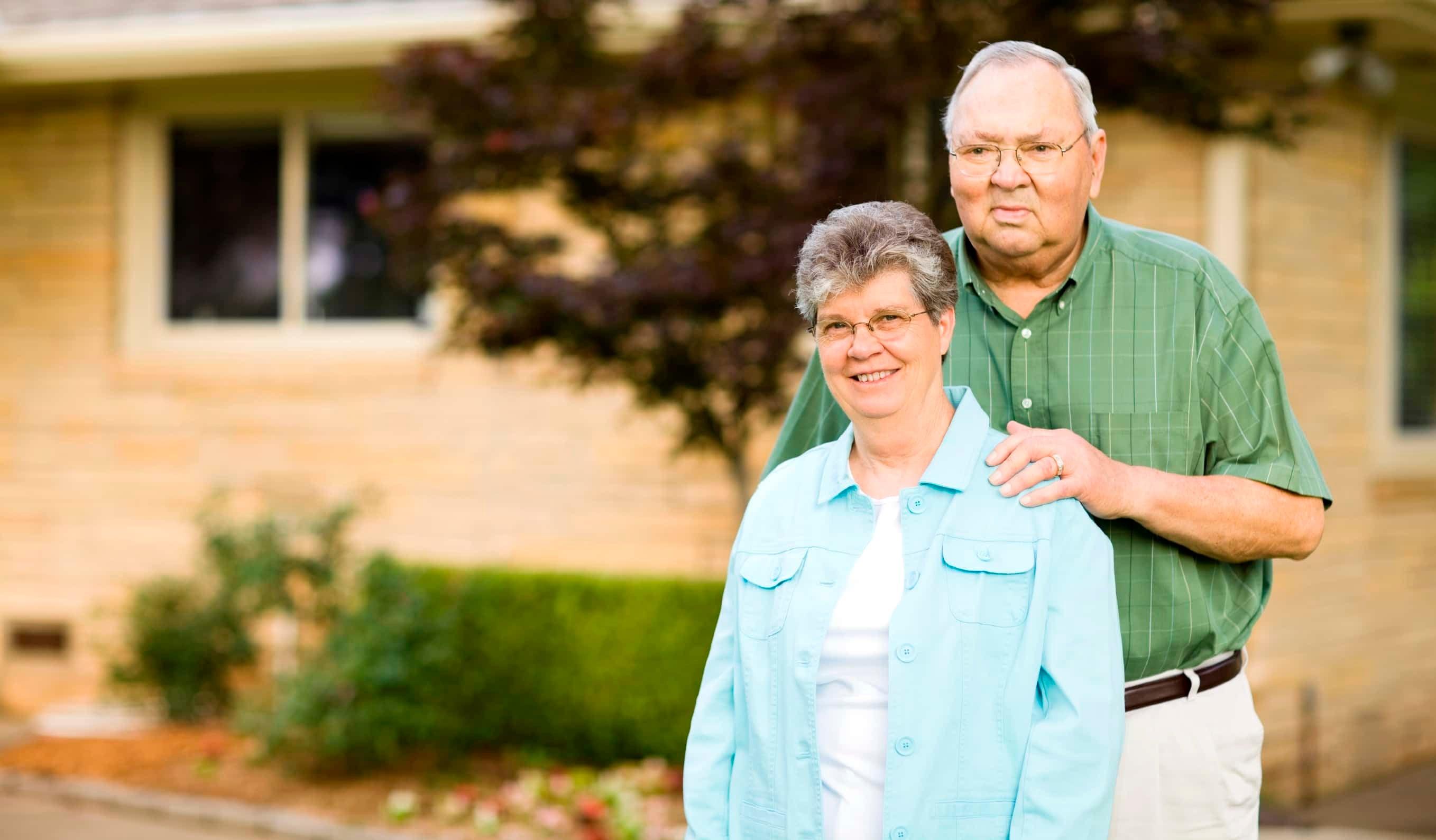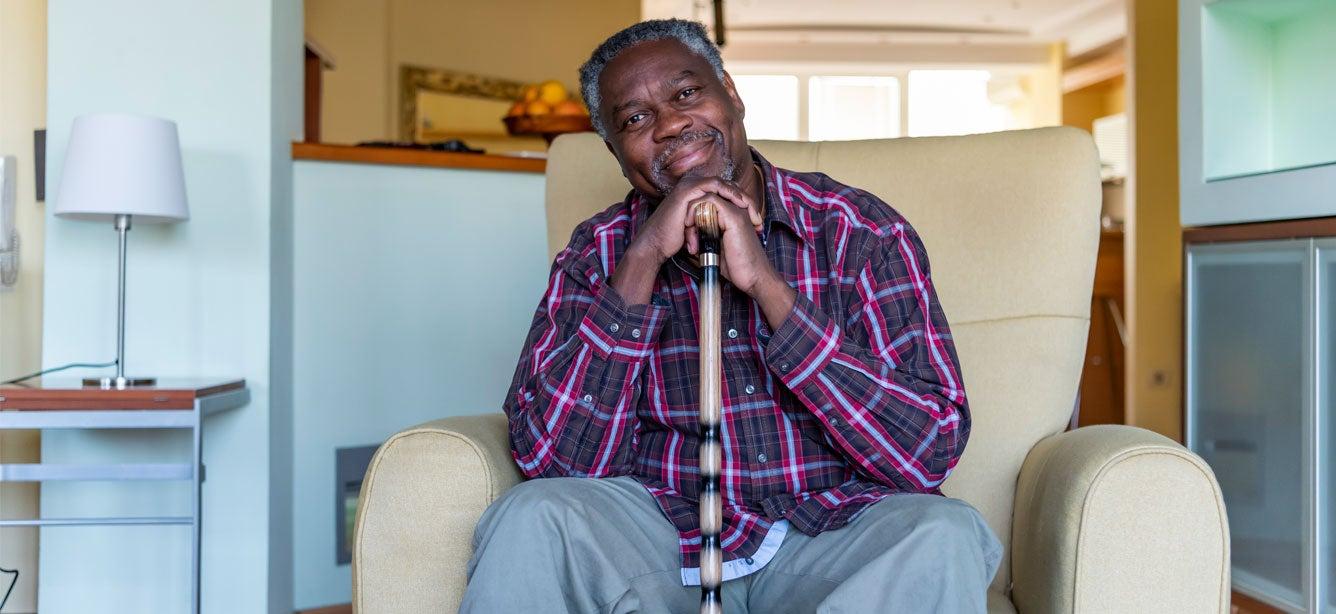What Is a Reverse Mortgage? And How Does It Work?
4 min read

Related Topics
A reverse mortgage is a tool for older homeowners who need access to extra income. But there is a lot of confusion and misinformation about reverse mortgages, how they work, and who should obtain them.
Have you ever found yourself wondering, “Is a reverse mortgage right for me?” or “How can a reverse mortgage help me?” If so, you aren’t alone. Here we share answers to some of the most common questions about reverse mortgages, along with how you can obtain counseling before coming to your final conclusion.
What is a reverse mortgage? Why should I (or anyone) consider one?
A reverse mortgage is a special type of loan for homeowners who are age 62 years and older that lets you convert a portion of the equity in your home into cash. This loan may be useful if you expect to live in your home for several years and may need extra money to do so.
A reverse mortgage works best when it is considered part of a broader financial plan, rather than as a tool for getting quick cash or managing a financial crisis. Therefore, a reverse mortgage is not a fit for everyone, and obtaining counseling is critical.
NCOA offers an official guide, Use Your Home to Stay at Home, that explains the advantages and disadvantages of reverse mortgages and provides other resources available to help older homeowners age in place.
What is the difference between a reverse mortgage and a regular home equity loan?
Unlike a traditional home equity loan (or a second mortgage), you don’t have to repay a reverse mortgage loan until you either no longer live in the home as your principal residence or you fail to meet the obligations of the mortgage, such as paying property taxes, maintaining homeowners insurance, and keeping up with home maintenance.
There are different types of reverse mortgages with different payment methods, but the most common is the Federal Housing Administration (FHA) insured Home Equity Conversion Mortgage (HECM). Homeowners can receive their payment (borrowed equity) either as fixed monthly payments, a lump sum payment, a line of credit, or a combination of these.
How much does a reverse mortgage cost?
Just like with a traditional mortgage, there are closing costs associated with a reverse mortgage. These closing costs may include a loan origination fee, an appraisal, a title search and insurance, surveys, inspections, recording fees, and other fees. Sometimes these costs can be financed into the loan.
The FHA also requires borrowers to pay an upfront mortgage insurance premium on some HECM reverse mortgages. Depending on how much is borrowed during the first year, this could be sizable and affect the cost of the loan.
The National Reverse Mortgage Lender Association (NRMLA) has a helpful reverse mortgage calculator to estimate your costs. Fees vary by lender, so if you are considering a reverse mortgage, it is important to shop around.
Are reverse mortgages a scam?
Reverse mortgages themselves are not a scam, but there are unscrupulous people and companies that sometimes use reverse mortgages to exploit consumers. The FBI and U.S. Department of Housing and Urban Development (HUD) urge vigilance when looking at reverse mortgage products. The FHA maintains a list of legitimate reverse mortgage lenders that offer HECM loans. Check the credibility of lenders at HUD.
It helps to work with a lender who has many years of experience with these loans. Federal law prohibits anyone from requiring you to buy a financial product (e.g., life insurance, long-term care insurance, an annuity) in order to get a reverse mortgage. To learn more about common scams targeted at older adults, browse our money management resources.
Why do I need counseling before applying for a reverse mortgage?
The federal government requires all reverse mortgage borrowers to receive counseling before they take out an HECM loan. Counselors are trained and approved by HUD to provide unbiased information and to discuss alternatives to an HECM, the costs associated with the loan, the various products and payment plan options, and much more. If you are considering applying for a reverse mortgage, the counseling session can equip you with the knowledge needed to make an informed choice. There is a fee for this counseling, which is usually payable at the time of the counseling.
In some circumstances, the borrower may pay the fee at the time of the closing and use funds from the reverse mortgage. You can get counseling by calling 855-899-3778. NCOA has partnered with GreenPath Financial Wellness, a nonprofit HUD-approved housing counseling agency, to provide this service. You can also find a counselor in your area at the HUD HECM Counselor Roster.




